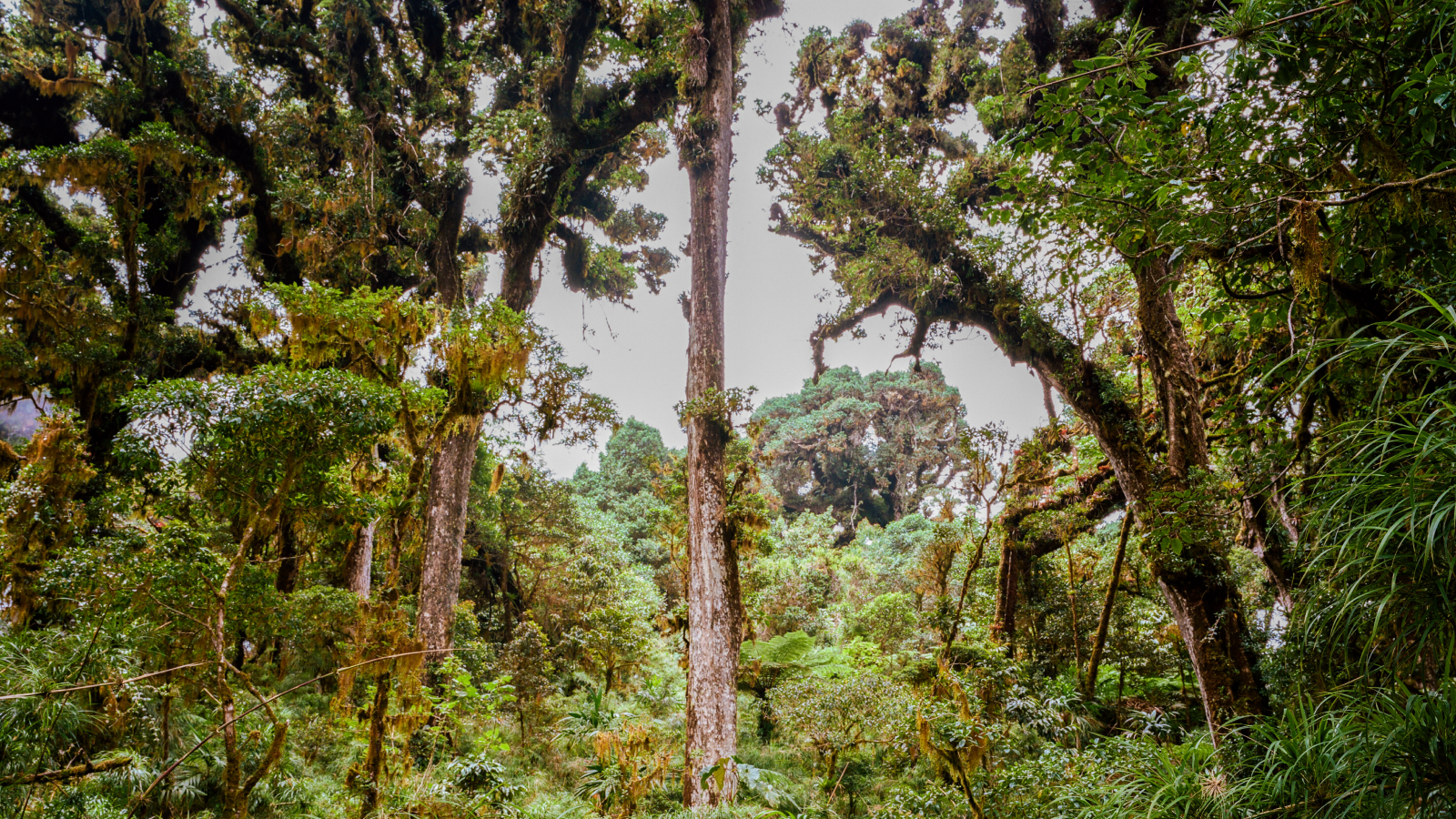
Harry Baker
Harry is a U.K.-based senior staff writer at Live Science. He studied marine biology at the University of Exeter before training to become a journalist. He covers a wide range of topics including space exploration, planetary science, space weather, climate change, animal behavior and paleontology. His recent work on the solar maximum won "best space submission" at the 2024 Aerospace Media Awards and was shortlisted in the "top scoop" category at the NCTJ Awards for Excellence in 2023. He also writes Live Science's weekly Earth from space series.
Latest articles by Harry Baker
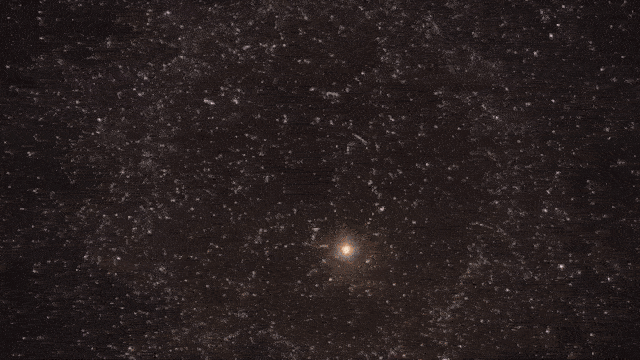
See the universe's rarest type of black hole slurp up a star in stunning animation
By Harry Baker published
Astronomers believe they have spotted an elusive intermediate-mass black hole shredding a distant star, and they have re-created the stellar murder in a stunning new animation.
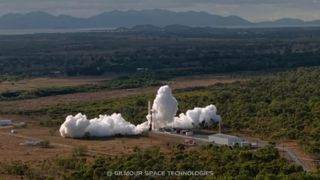
After 54-year wait, Australia's first attempt at an orbital rocket crashes 14 seconds after liftoff
By Harry Baker published
Eris-1, the first rocket fully built by an Australian company, crashed back to Earth 14 seconds after taking off from a spaceport in Queensland. It was the country's first orbital launch attempt since 1971.
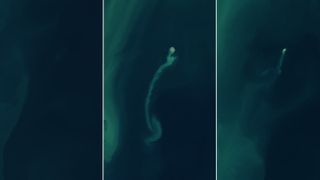
'Ghost island' appears after underwater eruption, then vanishes into the Caspian Sea
By Harry Baker published
Earth from space A series of photos taken between 2022 and 2024 shows the emergence and rapid disappearance of a volcanic "ghost island" off the coast of Azerbaijan.

Live Science crossword puzzle #3: Mathematical term for a whole number — 5 down
By Harry Baker published
Science crossword Test your knowledge on all things science with our weekly, free crossword puzzle!
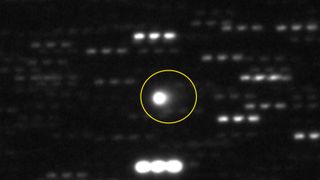
3I/ATLAS is 7 miles wide — the largest interstellar object ever seen — new photos from Vera C. Rubin Observatory reveal
By Harry Baker published
Detailed photos from the newly operational Vera C. Rubin Observatory have revealed that the recently discovered interstellar object 3I/ATLAS is roughly 7 miles wide, making it the largest of its kind ever seen.
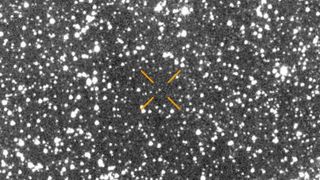
Controversial paper questions whether interstellar visitor 3I/ATLAS is 'possibly hostile' alien tech in disguise
By Harry Baker published
A controversial new paper questions whether the interstellar object 3I/ATLAS is a potentially dangerous alien probe, similar to claims made about 'Oumuamua. But experts have called it "nonsense".
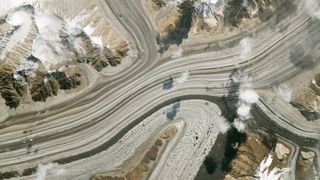
Trio of stripy glaciers merging in 'Earth's highest battleground' are part of a major anomaly scientists don't fully understand
By Harry Baker published
Earth from space This 2023 astronaut photo shows three glaciers merging into a single massive ice mass in the Karakoram mountains. The stripy glaciers have gained ice in recent decades, despite the effects of human-caused climate change.

Live Science crossword puzzle #2: Pigment in plants where photosynthesis occurs — 13 across
By Harry Baker published
Science crossword Test your knowledge on all things science with our weekly, free crossword puzzle!
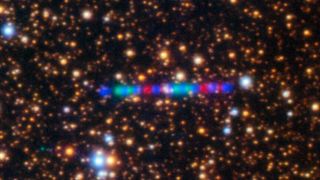
Interstellar comet 3I/ATLAS transforms into a giant 'cosmic rainbow' in trippy new telescope image
By Harry Baker published
New photos, including a striking technicolor timelapse, show off the newly discovered interstellar object 3I/ATLAS as it shoots toward us through the solar system.
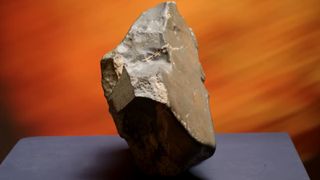
Largest known Martian meteorite on Earth sells for $5.3 million at auction
By Harry Baker published
The largest known Martian meteorite, NWA 16788, has been sold at auction for $5.3 million. The hefty chunk of the Red Planet, which weighs 54 pounds, could help unravel new secrets about Mars — if it's allowed to be studied.
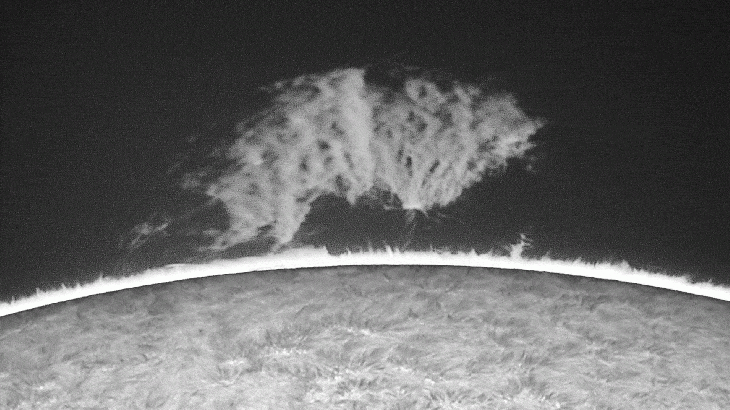
Behold, 'The Beast': Gigantic animal-like plasma plume 13 times wider than Earth hovers over the sun
By Harry Baker published
Astrophotographers have snapped stunning shots of a giant shapeshifting solar prominence, dubbed "The Beast," which appeared over the sun's northeastern limb on July 12 and rained impossibly fast fire over our home star.

Giant space 'boulders' unleashed by NASA's DART mission aren't behaving as expected, revealing hidden risks of deflecting asteroids
By Harry Baker published
Debris released from the asteroid Dimorphos during NASA's DART mission has a higher momentum and less random distribution than expected, which "changes the physics we need to consider when planning these types of missions," researchers say.
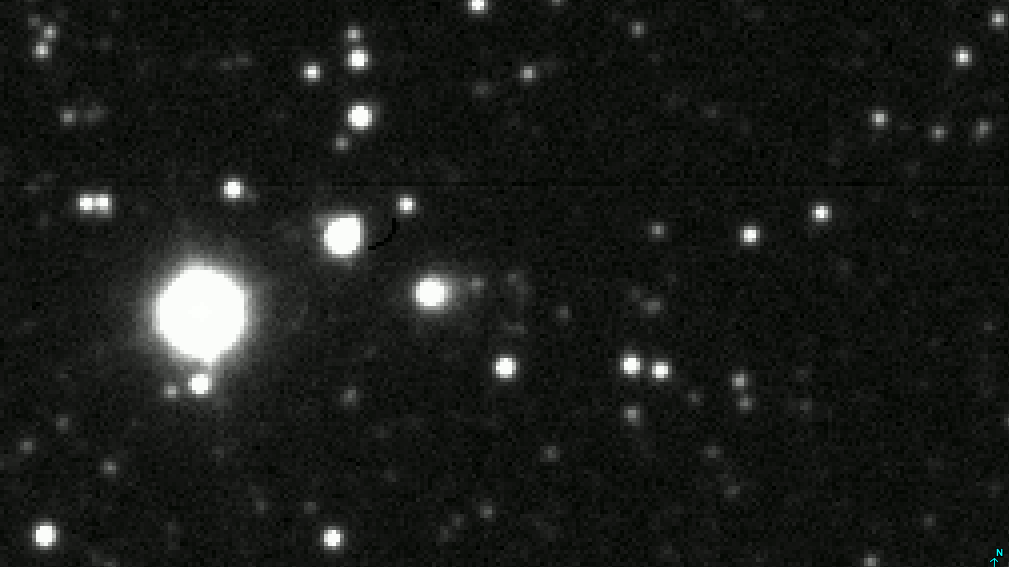
'Interstellar visitor' 3I/ATLAS could be the oldest comet ever seen — and could grow a spectacular tail later this year
By Harry Baker published
New simulations have narrowed down where the newly discovered interstellar comet 3I/ATLAS likely came from, revealing it could be more than 3 billion years older than the solar system.
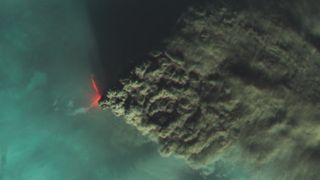
Russian volcano grows 'devil horns' and spits out 1,000-mile-long river of smoke
By Harry Baker published
Earth from space A false-color satellite photo from 2023 shows a devilish pair of lava flows and an enormous plume of smoke spewing from Klyuchevskoy, the tallest volcano in Europe and Asia.

Live Science crossword puzzle #1: Largest organ in the human body — 9 across
By Harry Baker published
Science crossword Test your knowledge on all things science with our weekly, free crossword puzzle!
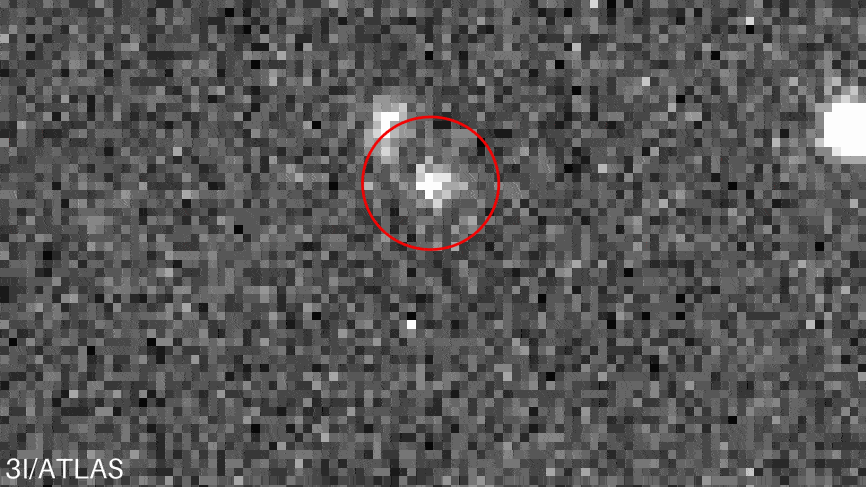
Astronomers are racing to study our solar system's newest 'interstellar visitor.' Here's why.
By Harry Baker published
Astronomers have been given the rare opportunity to study an extrasolar object after the recent discovery of the interstellar comet 3I/ATLAS. Experts tell Live Science how they are planning to observe the cosmic visitor.

3I/ATLAS: Everything you need to know about the new 'interstellar visitor' shooting through the solar system
By Harry Baker published
Astronomers have spotted a new interstellar object — the third of its kind ever seen — shooting towards us through the solar system. Here's everything you need to know about 3I/ATLAS.

Perfect trio of prehistoric atolls shine like tropical gems off Australian coast
By Harry Baker published
Earth from space This 2011 astronaut photo shows the atolls of Rowley Shoals lined up in a near-perfect line off the coast of Australia. The island trio was once part of an ancient barrier reef system that stretched over 1,200 miles.

Astronaut snaps giant red 'jellyfish' sprite over North America during upward-shooting lightning event
By Harry Baker published
NASA astronaut Nichole Ayers captured an electrifying image of a giant lightning "sprite" shooting up over Mexico and southern U.S. states. The red "jellyfish" could help researchers learn more about this rare phenomenon.

Astrophotographer snaps 'once-in-a-lifetime' shot of solar flare photobombing the ISS
By Harry Baker published
An astrophotographer has captured an extremely rare and "difficult" photo of a solar flare exploding from the sun at the exact moment the International Space Station passed directly in front of our home star.

Watch newly discovered 'interstellar visitor' 3I/ATLAS shoot toward us in first livestream
By Harry Baker published
You can see the recently identified "interstellar object" 3I/ATLAS shooting towards us through the solar system in a livestream from the Virtual Telescope Project.

NASA confirms that mysterious object shooting through the solar system is an 'interstellar visitor' — and it has a new name
By Harry Baker published
Experts have confirmed that the mysterious object hurtling towards us, previously dubbed A11pl3Z, is an "interstellar object." The cosmic interloper, officially named 3I/ATLAS, is only the third of its kind ever seen — and will shoot past Earth later this year.

Astronomers spot potential 'interstellar visitor' shooting through the solar system toward Earth
By Harry Baker published
A newly discovered object, dubbed A11pl3Z, appears to be moving too fast and straight to have originated in the solar system. If confirmed, it will be the third interstellar visitor ever spotted.
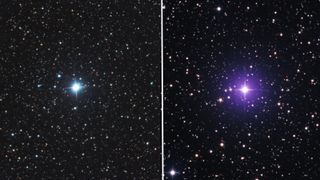
2 'new stars' have exploded into the night sky at once — potentially for the first time in history
By Harry Baker published
Astronomers have spotted another never-before-seen "nova" blaze to life in the night sky. This may be the first time that simultaneous stellar explosions have been visible to the naked eye in recorded history.

Stunning cloud vortices swirl off 6 different Atlantic islands
By Harry Baker published
Earth from space A 2015 satellite photo captured a series of stunning "von Kármán vortices" swirling off Madeira and the Canary Islands. The giant swirls are collectively one of the best examples of this meteorological phenomenon ever seen.
Get the world’s most fascinating discoveries delivered straight to your inbox.
